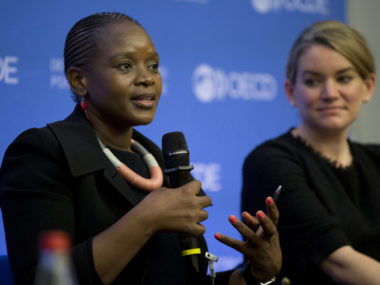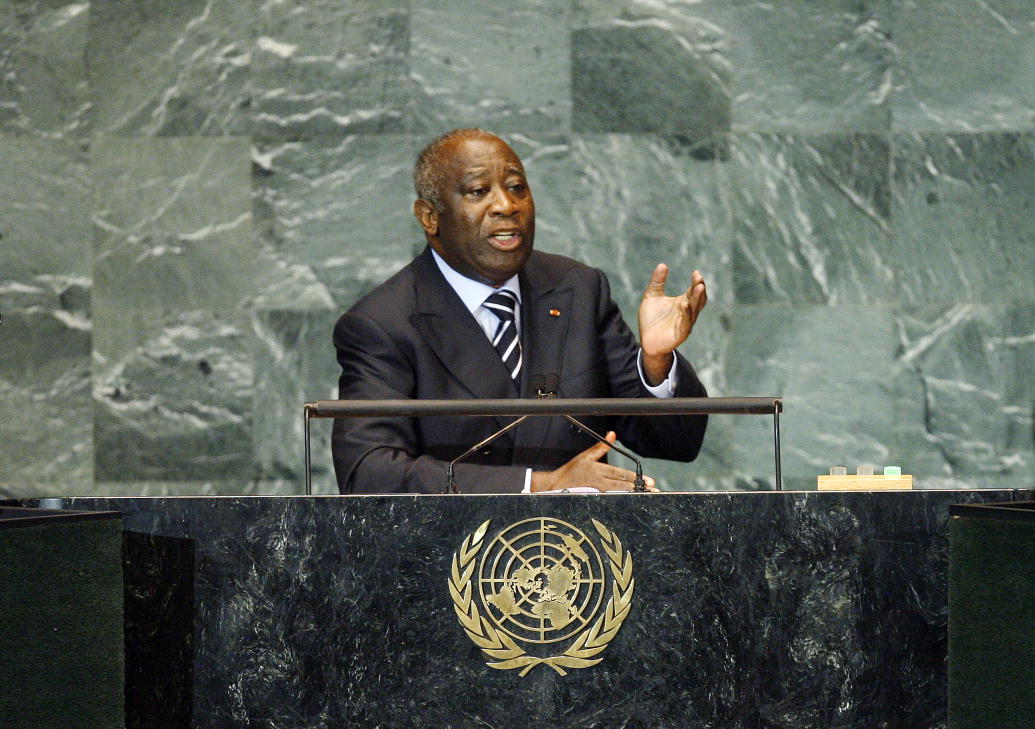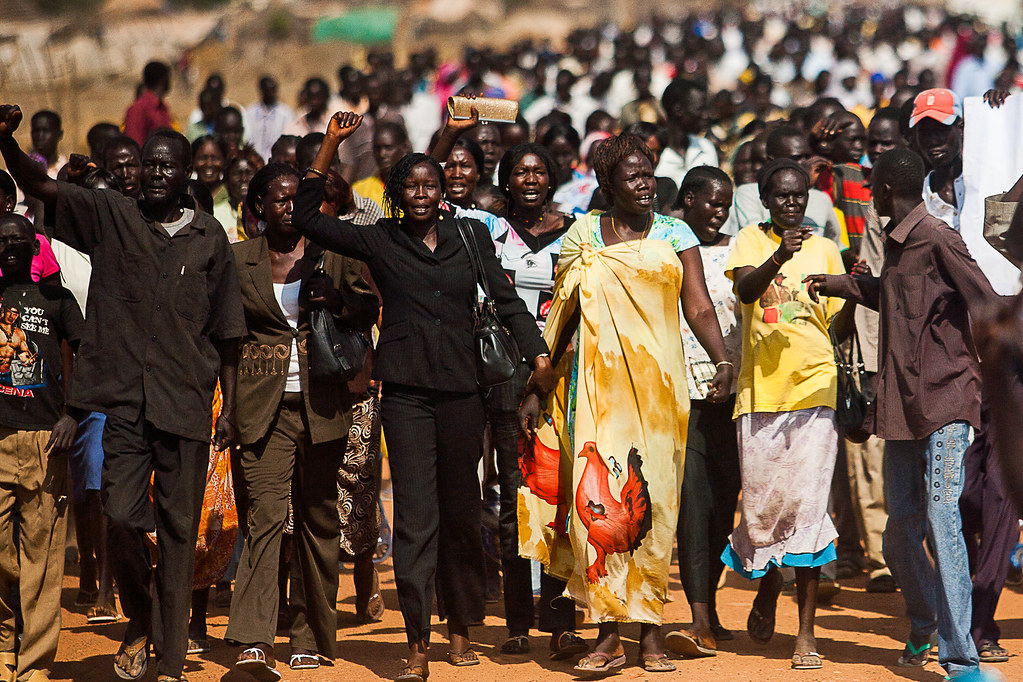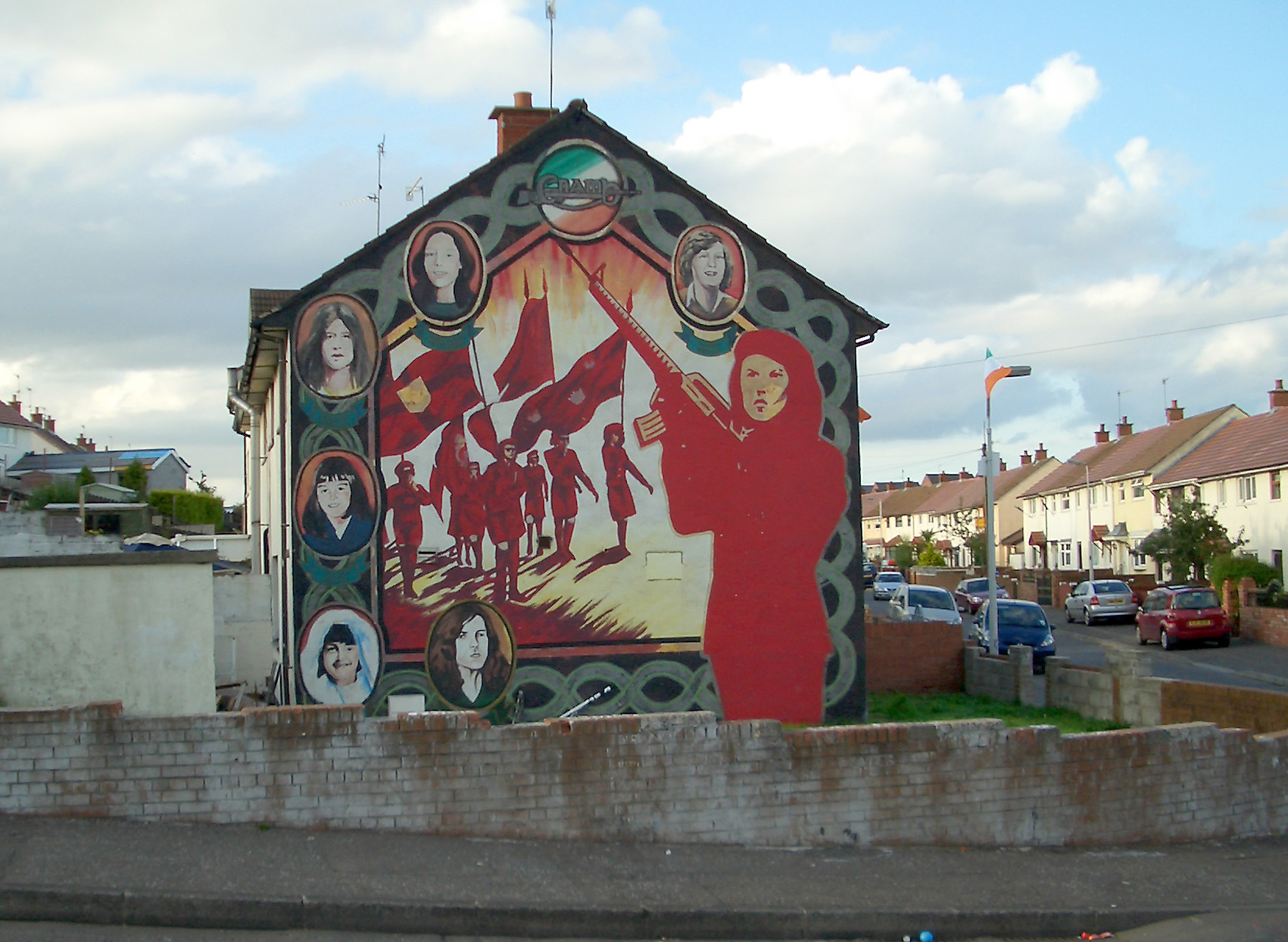By Alexander Beresford, Marie E. Berry, and Laura Mann for Denver Dialogues.
For decades, political scientists have debated whether democracy is spreading or receding on the global stage. While recent trends suggest a global “democratic recession” is underway, some have used prominent democracy indices to argue such claims “lack empirical accuracy” and that “the big picture of the last decade…is one of net stability.” Analyses of African politics similarly oscillate between bursts of optimism and pessimism. At present, The Economist’s Democracy Index still classifies no African countries as “full democracies,” instead placing countries on a spectrum ranging from “authoritarian” to “flawed democracies.”
Our recent research explores this ambiguous space “betwixt and between” authoritarianism and democracy in two contexts, Rwanda and South Africa. Like regimes in many other developing and emerging economies, many African ruling parties display hybrid forms of governance, exhibiting the outer appearance of consolidated democracies in the form of institutions and procedural norms such as elections. Maintaining this identity is important for sustaining domestic legitimacy as well as international status. Yet, these regimes may simultaneously utilize undemocratic or even authoritarian means of reproducing their political power. Indeed, occupying this space between democracy and authoritarianism is not only a resilient feature of such regimes; it can also constitute a vital means of sustaining power.
We suggest, therefore, that it is time to move debates beyond the confines of democratic “transitions,” “consolidation,” “recession,” or “backsliding.” If we loosen our concern with regime directionality, we reveal the liminality that often characterizes contemporary politics. Liminality—a concept traditionally employed by anthropologists—denotes the manner in which societies or individuals can inhabit a “threshold status,” in which they appear to be moving from one distinctive phase of their history to another, yet their transition to a new fixed status is not fully realized. We argue that the lack of convergence towards liberal democracy and the continued prevalence of hybrid forms of governance reflects neither a permanent state of political aberration, nor (necessarily) a prolonged transitional phase through which countries pass once the “right” conditions are met. Rather, hybridity is part of the governance strategy: the reproduction of power rests upon a regime’s capacity to suspend transition by drawing from a menu of liberal and authoritarian behaviors to maintain domestic and international legitimacy in the context of uneven development and slow economic transformation.
While Rwanda and South Africa are radically different in terms of their democratic credentials and the scale of their economies, they share historical commonalities central to the means by which they reproduce their power. They are both ruled by liberation movements seeking to emancipate their populations from neo-colonial governance, and their politics is underscored by recent memories of mass violence and authoritarianism. In this context, the Rwandan Patriotic Front (RPF) and the African National Congress (ANC) discursively construct the idea of their “extraordinary mandate” necessitated by an “unfinished revolution,” which they alone are mandated to deliver. Such revolutions are said to take time, requiring patience on behalf of the population and extraordinary forms of governance to manage popular unrest. Unlike the “contingent democrats” of Asian developmental states, these parties operate at the margins of the global economy, making their economic transformations even more challenging and slow. In a sense, the limited success of these parties’ bold liberation missions justifies their continued control, for it is only once transitions are complete that their “extraordinary mandate” will end.
These regimes offer what we call authoritarian social contracts in the interim: their continued rule is underpinned by a degree of consent sustained through a substantive offer of security and prosperity, albeit one whose terms of inclusion and exclusion are defined by the ruling party. This contract involves forms of elite patronage used to sustain loyalty. However, it also involves forms of mass patronage: where economic transformation is perceived to be slow and expectations high, welfare is required while “the transition” is underway and incomplete. This includes programs like Vision 2020 Umurenge in Rwanda, which extended cash transfers to the poorest sections of the population, and the social safety net provided by South Africa’s expansive welfare system.
Those deemed to abrogate the social contract risk political abjection—a process by which the regimes discursively construct certain individuals and social groups as a threat to the nation’s social and moral health. Those who fall out of the RPF’s favor or critique the regime’s claim to continued power risk being accused of genocide denial. In South Africa, the ANC accuses opponents as those aiming to bring back Apartheid and minority rule. The durability of each regime’s liminal status in the context of slow and uneven growth, therefore, depends on each party bringing people into its favor while maligning and marginalizing those who pose a threat.
This form of productive liminality is not unique to the ANC and RPF. Indeed, what we illuminate through this comparison is that such strategies can be deployed—with varying degrees of intensity and capacity for success—by parties occupying different positions on a spectrum of democracy, but which nonetheless share a common interest in perpetuating the notion that their suspended revolutions or social missions justify an idiosyncratic form of hybrid governance. The National Resistance Movement in Uganda or the Ethiopian People’s Revolutionary Democratic Front in Ethiopia spring to mind—and PM Abiy Ahmed’s seismic recent reforms add a critical new angle to the discussion in Ethiopia. In short, this strategy can be found in parties and regimes around the world experiencing rapid structural change and social ruptures. By eschewing our fixation on regime directionality, we can better understand how the liminal space “betwixt and between” authoritarianism and liberal democracy might itself become a tool used by regimes to reproduce their political power.
Alexander Beresford is Associate Professor in African Politics at the University of Leeds. Marie E. Berry is Assistant Professor at the Josef Korbel School of International Studies at the University of Denver. Laura Mann is Assistant Professor in the Department of International Development at the London School of Economics.







1 comment
Compelling argument about STUDYING semi-democracies as they are rather than asking what direction they’re headed, as long as no one misconstrues this as NORMATIVELY ACCEPTING such regimes. From conversations I’ve had with many Africans (who live in the West), what enrages them is that their governments masquerade as democracy, when they’re not: actions that would already be objectionable (corruption, silencing of opposition, etc.) become hypocritical as well.